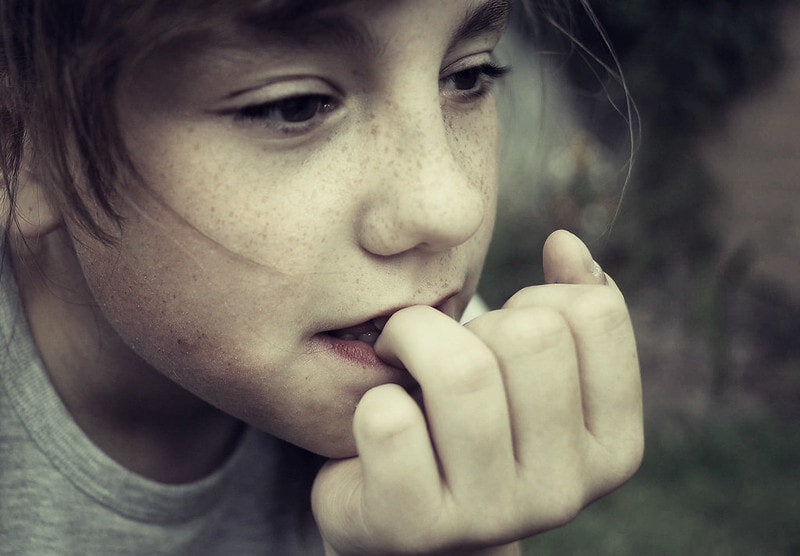Nail Biting: What It Does To Your Skin And Nail Health
Nail biting is a common habit among children that sometimes continues into adulthood. The troubles of nail biting go well beyond the cosmetic appearance. Biting your nails can damage the tissue that makes your nails grow, causing them to grow unevenly. It can also cause an increase in hangnails and ingrown nails. If you commonly use nail polishes, especially gel polishes, the toxins in these products are harmful when ingested and currently have unknown long-term side effects.
Your nail health isn’t the only thing affected. Nail biting can leave you vulnerable to infection from bacteria and viruses passing from your mouth to your nails. This transmission can cause a painful, red, and swollen area around your nails, and in some cases, this area may develop into a pus-filled blister. Similarly, viruses and bacteria can travel the opposite direction. Even after washing your hands, these pathogens can pass from under your nails to your mouth and spread infection. Furthermore, regularly biting your nails can shift the alignment of your teeth, requiring braces or a retainer.
While stopping this habit is the best thing you can do for your overall health, it is not always easy. Here are some tips to help stop nail biting:
Trim your nails. Long nails can harbor more bacteria and be more difficult to clean.
Cover your nails. You can use tape or gloves to keep your nails covered. Out of sight, out of mind.
Apply a bitter polish. These are available over the counter and have an awful taste to deter you from biting your nails.
Identify triggers. Some triggers can be physical, such as a hangnail, while others are caused by outside factors like stress or boredom. Identifying your triggers can help you avoid situations that cause you to continue the habit.
Make it a gradual attempt. Try avoiding one set of nails, such as your thumbs, and move on from there to gradually stop biting your nails.
Replace it with a good habit. When you have an urge to bite your nails, find something else to occupy yourself, such as playing with a stress ball.
References:

